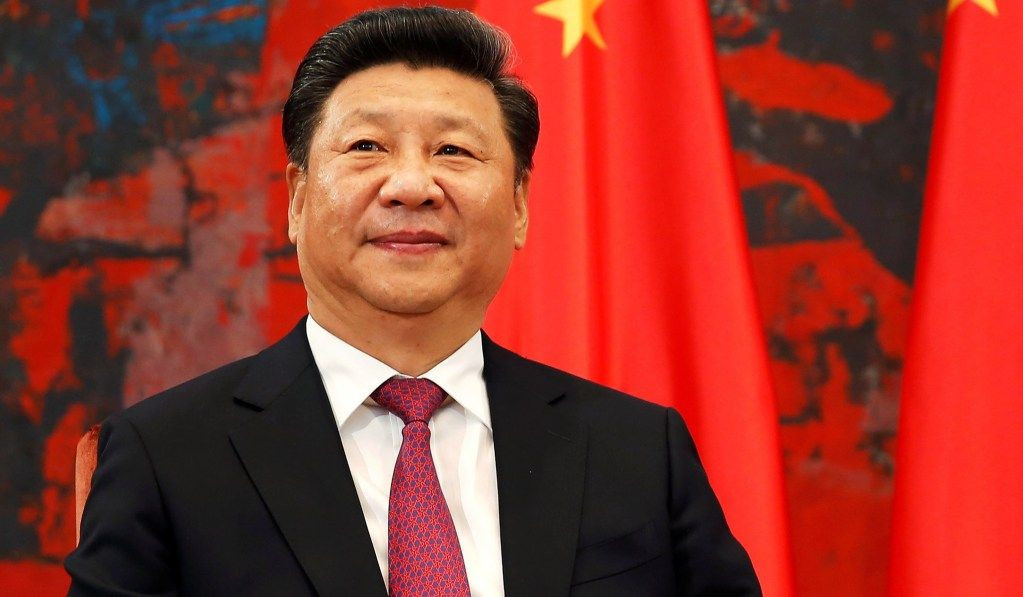China has spoken on the border dispute between Nepal and India over Kalapani, the tri-junction of international borders also including China.
Spokesperson at the Embassy of China in Kathmandu Wang Xiaolong issuing a statement on Thursday has urged the two countries through consultation and negotiation. "The Chinese side wishes Nepal and India could solve their territory disputes on Kalapani through friendly consultations and negotiations," the statement reads stressing that Chinese has always respected sovereignty and territorial integrity of Nepal.
It has also refuted allegations about China also encroaching Nepali land. Nepali Congress (NC) lawmakers Amresh Kumar Singh and Devendra Raj Kandel pointed that China has also encroached Nepali land in the meeting of State Affairs Committee of the parliament convened Monday to discuss inclusion of Lipu Lekh and Kalapani of Nepal in the new political map published by India.
The Indian media have also falsely reported that effigies of Chinese President Xi Jinping have been burnt in Nepal protesting encroachment of Nepali land by the northern neighbor.
The statement calls such reports outside interference on bilateral relation between the trans-Himalayan neighbors and claims the accusations are baseless and aimed to mislead and divert public attention. It says such efforts to undermine Nepal-China relations will not succeed.
It points at the boundary treaty signed by Nepal and China in 1961 and adds the boundary has been delimited and demarcated accordingly. It cites the agreement on the boundary management system signed between the two countries during the recent Nepal visit of Chinese President Xi Jinping and says China is willing to further strengthen cooperation with the Nepali side on boundary affairs.
The inclusion of Lipu Lekh and Kalapani of Nepal in the new political map published by India has been widely condemned with the ruling and opposition parties alike protesting the Indian act. The all-party meeting convened by Prime Minister KP Sharma Oli Saturday evening decided to initiate formal dialogue with India about Kalapani and Lipu Lekh.
The government has already stated that Nepal does not accept the map issued unilaterally by India. "The Nepal government is clear that Kalapani area is part of Nepal," the Foreign Ministry said issuing a statement last Wednesday. "It is clear that outstanding border issues between the two countries should be concluded with bilateral consensus, and any decision taken unilaterally will not be acceptable for Nepal government."
The ministry stressed that border disputes between the two friendly neighbors should be resolved through diplomatic channel on the basis of historic documents and evidence.
Government Spokesperson and Minister for Communication and Information Technology Gokul Baskota on Thursday elaborated on the historic evidence on Thursday pointing that Nepal conducted a census in the area in 2018 BS and has historical evidence proving Nepal collected tax from the surrounding areas in the past. "That shows that the land was in Nepal's control in the past for one cannot go to another country and conduct census and establish revenue offices," he argued.
The Indian government, meanwhile, has said it is committed to finding a solution to border disputes with Nepal through dialogue.
Responding to a question about the outrage against Indian in Nepal over inclusion of Lipu Lekh and Kalapani of Nepal in the new political map published by India and the Indian government's response to the statement issued by the Nepali Foreign Ministry on Wednesday during the weekly media briefing on Thursday, Spokesperson at the Indian Ministry of External Affairs Raveesh Kumar claimed that the new map does not change the Indian borders with Nepal in any way.
"Our map accurately depicts the sovereign territory of India. The new map has in no manner revised our boundaries with Nepal," he stated. "The boundary delineation exercise with Nepal is ongoing under the existing mechanism. We reiterate our commitment to find a solution through dialogue in the spirit of close and friendly bilateral relationship."
He also hinted that the current uproar in Nepal may have been stirred by some vested interests and called for a need to guard against such interests. "I think this is very important to note, that both sides should guard against vested interests who are out there to create some differences between the two countries."

